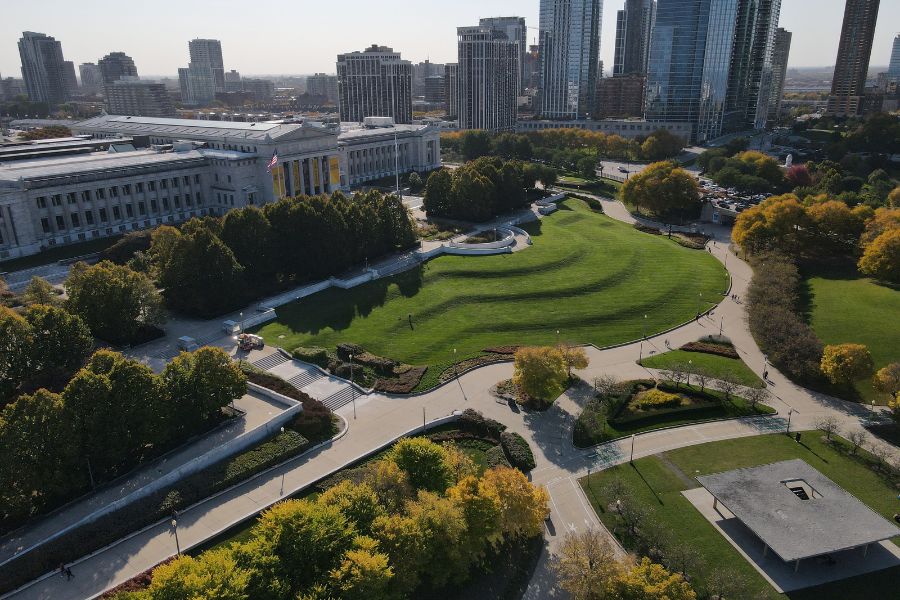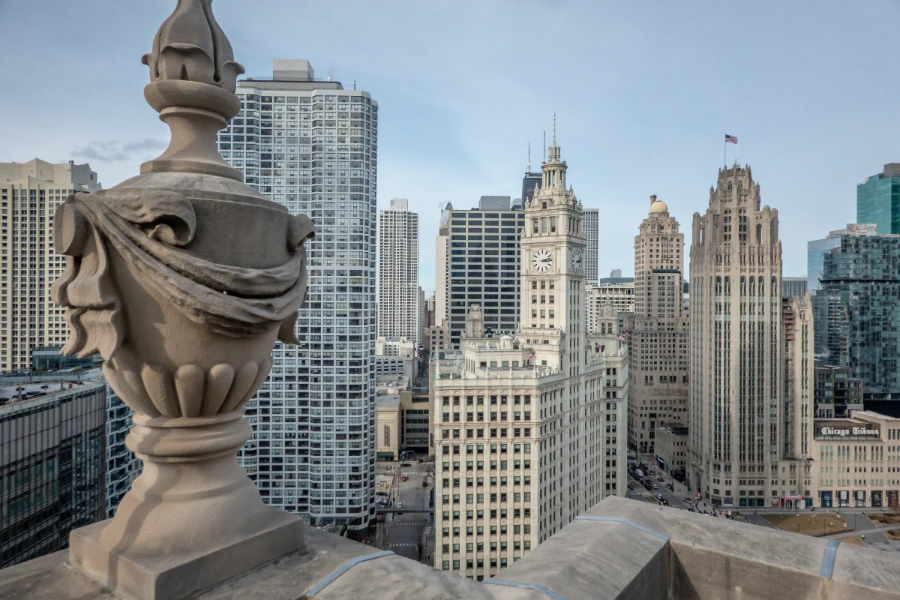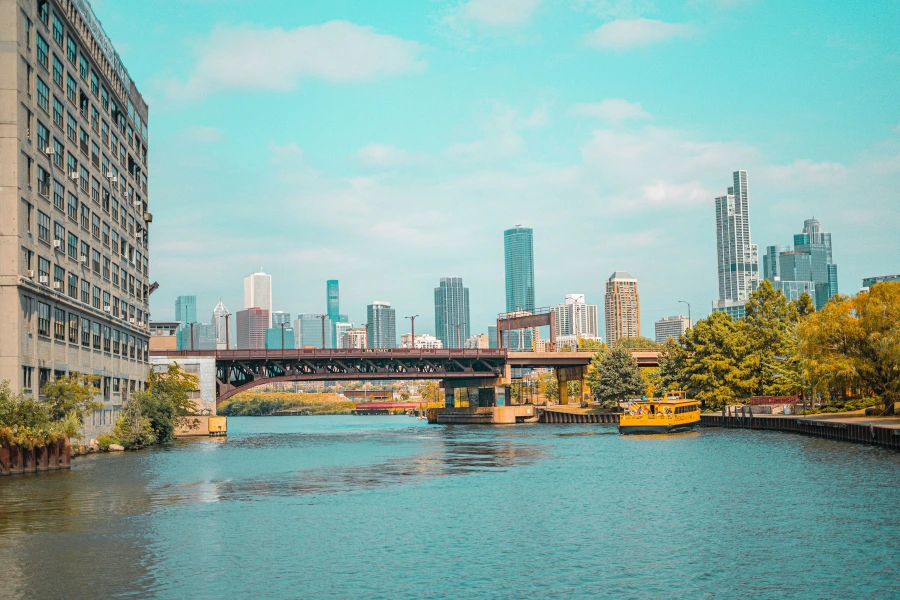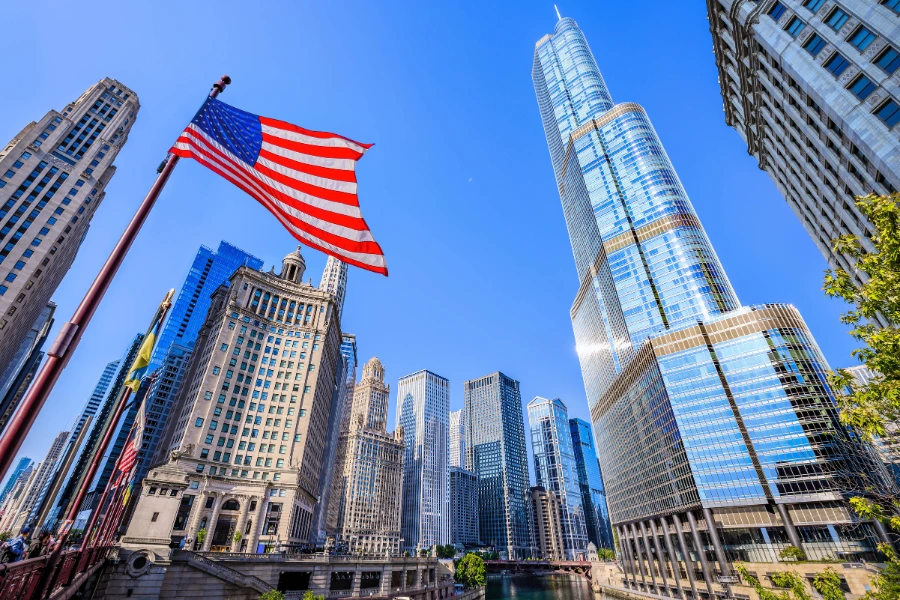When New Jersey became the second state to legalize casinos in 1976, Gov. Brendan Byrne famously declared in an address on the Atlantic City Boardwalk, “Organized crime is not welcome. I warn them, keep your filthy hands out of Atlantic City.”
But an Illinois bill that is now under review by Gov. J.B. Pritzker attempts to find a middle ground between keeping criminals from getting involved in legal gambling operations and giving some felons a chance to work in the overall industry.
Both the Senate bill – which passed by a 44-12 vote in late March, and the identical House of Representatives bill, which was approved, 78-27, two months later – would amend the Illinois Gambling Act.
First, the bill clarifies that the Illinois Gaming Board will not issue an occupational license to convicted felons “if the applicant will perform any function involved in gaming by patrons.”
That clarification would expand the potential job pool – in a state that continues to add new casinos – for felons to work at Illinois casinos in non-gaming-related activities.
How Felons Could Gain Approval for Casino Work
The bill directs the board to consider these factors for such applicants:
- The length and time since the conviction;
- The number of convictions that appear on the conviction record;
- The nature and severity of the conviction’s relationship to the safety and security of others or the integrity of gaming;
- The facts or circumstances surrounding the conviction;
- The age of the prospective employee at the time of the conviction; and
- Evidence of rehabilitation efforts.
Both gaming board officials and labor union leaders spoke in favor, and the lopsidedness of the votes suggest it is not a particularly controversial bill.
The bill also would broaden the labor pool of job applicants across the state’s hospitality industries, and supporters tout it as a way to give rehabilitated people a second chance.
State Senator Robert Peters, who represents a portion of the city of Chicago, noted in February that “the amount of financially realistic employment opportunities for individuals impacted by the justice system are few and far between.
“Connecting those with prior justice system involvement with employment by allowing them to perform functions in a casino that do not involve gaming ensures financial stability and decreases the likelihood of backsliding into the justice system.”
According to The Sentencing Project group – a Washington, D.C.-based research and advocacy center that says “seeks to address racial disparities in the criminal justice system” – the change in law potentially could impact more than 30,000 Illinois residents.
Pritzer, a Democrat, in February signed a bill into law that would allow convicted felons to change their name – whether for marriage, their own safety concerns, or if undergoing a gender transition. The American Civil Liberties Union (ACLU) of Illinois applauded Pritzer’s action.
Illinois Casino and Racino Landscape
Illinois currently has 13 casinos, including ones in Waukegan and Rockford that are in temporary locations while the permanent casino is under construction.
The Walker’s Bluff Casino Resort in Carterville, located in southern Illinois about 90 miles southeast of St. Louis, has been holding job fairs in anticipation of opening by the end of this summer.
Wind Creek Chicago Southland Casino, meanwhile, is scheduled to open in early 2024. The first casino to be located within the Chicago City limits, called Bally’s, has a tentative opening date of 2026.
Under the state’s sweeping gambling expansion bills passed into law in 2019, Illinois also was scheduled to join those states with a pair of “racinos” – generally speaking, slot machine parlors set up inside of horse racing tracks.
One of those is supposed to be at Hawthorne Park racetrack , but the COVID-19 pandemic led to the collapse of proposed financing in 2020. The project remains in limbo.
The news is only a little better at Fairmount Park, which at least has a partnership in place for an eventual opening of FanDuel Sportsbook & Horse Racing, a 16,000 square foot space with up to 600 gaming positions. An equally large “second phase” also is in the blueprints, with state approval possible by the end of this summer to be followed by a late 2024 opening.





